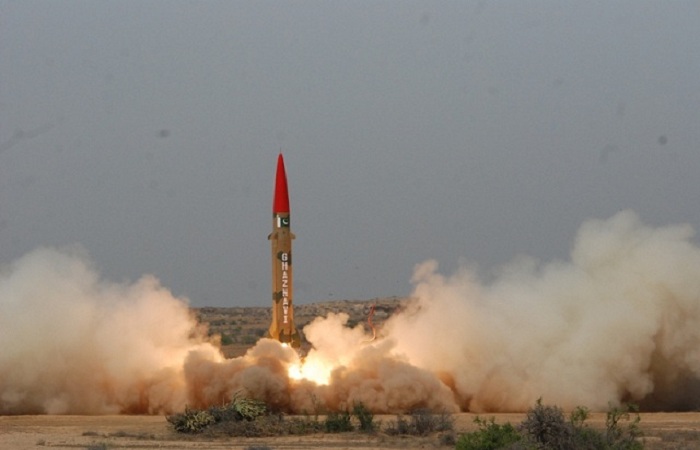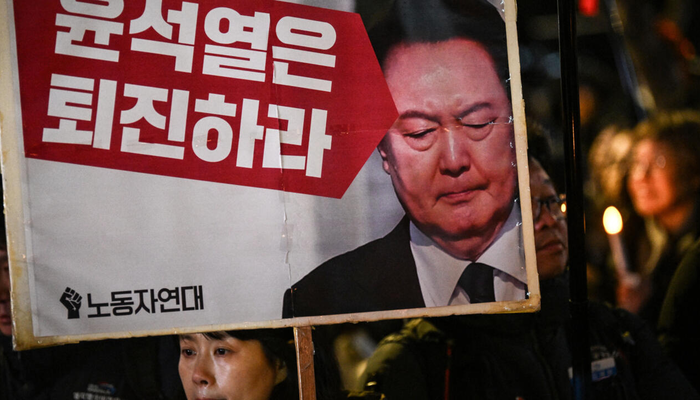In a high-level briefing at Pakistan’s Parliament, lawmakers and diplomats mapped a new roadmap for boosting ties with Thailand — from seafood exports and Buddhist tourism to skilled labor and parliamentary exchanges.
The Pakistan-Thailand Parliamentary Friendship Group convened a comprehensive briefing session today at Parliament House, Islamabad, under the convenership of Malik Muhammad Aamir Dogar. The session brought together Pakistani parliamentarians, the Ministry of Foreign Affairs, and Pakistan’s Ambassador to Thailand, H.E. Rukhsana Afzaal, to discuss current bilateral ties and chart a roadmap for future cooperation.
The session was later chaired by MNA Mir Jamal Raisani, who emphasized the importance of parliamentary diplomacy and people-to-people ties. During the briefing, Ambassador Rukhsana Afzaal offered a detailed overview of Thailand’s socio-economic profile, regional stance, and bilateral engagements with Pakistan.

Thailand’s Profile and Opportunities
Ambassador Rukhsana Afzaal highlighted Thailand’s impressive 94% literacy rate and low inflation rate of 1%, reflecting strong economic management. However, the recent 36% tariff imposed by the U.S. on Thai goods could dent Thailand’s GDP by around 1%, pushing the country to diversify its exports toward China, Japan, and the EU.

Key sectors offering investment potential were identified, including:
- Biochemical
- Electronics
- Automotive
The Ambassador noted that Thailand employs “Bamboo Diplomacy” — flexible, pragmatic, and non-confrontational. It has no territorial disputes with its neighbors, maintains a neutral stance on international conflicts, and refrains from taking rigid positions — including on Kashmir, where it remains silent. Despite being a traditional ally of the U.S., Thailand is also a significant partner of China, advocating for peaceful conflict resolutions, especially concerning the Myanmar crisis.
Challenges Thailand faces include:
- Narcotics trafficking (Golden Triangle)
- Human trafficking
- Regional instability in Southeast Asia
Growing Pakistan-Thailand Relations
Ambassador Rukhsana Afzaal detailed that Thailand is Pakistan’s third-largest bilateral partner in Southeast Asia, with total exports to Thailand at $267 million and imports at $854 million.

Key frameworks already in place include:
- Joint Trade Committee
- Joint Business Council
- Free Trade Agreement (FTA) negotiations (paused)
- Thailand has instead shown readiness to pursue a Preferential Trade Agreement (PTA)
Cultural, Educational, and Diaspora Ties
Efforts to deepen bilateral cooperation include the promotion of Buddhist tourism, with a Gandhara artefacts exhibition scheduled in 2026. Thailand and Pakistan also share strong educational ties, with Pakistan being a founding member of the Asian Institute of Technology (AIT) since 1959.
Xi Calls for Asian Unity Against Protectionism During Malaysia Visit
The Pakistani diaspora in Thailand, particularly the Thai Pathan community, was highlighted as a key people-to-people bridge. Around 150,000 people of Pakistani origin live in Thailand, including 6 MPs, 2 Senators, and even the current Deputy Interior Minister, all of whom are active in Thai politics. Their role in humanitarian efforts during Pakistan’s natural disasters was recognized.

Political and Diplomatic Initiatives
A significant development is the expected visit of the Speaker of the National Assembly of Pakistan Sardar Ayaz Sadiq to Thailand in August 2025, on the invitation of the Thai President. Officials noted this visit could pave the way for more high-level engagements, which have remained absent since the Nawaz Sharif era.
The Ministry of Foreign Affairs revealed that a reciprocal visit by the Thai parliamentary speaker to Pakistan is planned, strengthening legislative diplomacy.
Ambassador Rukhsana Afzaal also acknowledged ongoing tariff misunderstandings, suggesting that if an FTA remains unlikely, a PTA based on tariff modalities should be pursued — given both countries have differing export needs.
Federal Minister for Maritime Affairs, Muhammad Junaid Anwar Chaudhry, urged for a Bilateral Investment Treaty (BIT) and assured full facilitation of Thai business and political delegations, offering incentives and support through his ministry, especially in the fishery and seafood sectors.
He emphasized:
- Pakistan’s potential in shrimp farming and seafood exports
- Need to study Thai food processing and sun-drying techniques
- Promotion of English language teachers to Thailand, citing Thai demand and limited English proficiency
Junaid Anwar noted the importance of assessing sector-specific demands to ensure quality Pakistani labor and trade meet Thai standards.
Mir Jamal Raisani, Committee Chair, emphasized leveraging sports diplomacy and enhancing student scholarship programs. He proposed sending skilled youth to Thailand — similar to Pakistan’s initiative of dispatching 30,000 youth to Germany and Saudi Arabia — and called for deeper engagement with Thai parliamentary sub-institutions.
He added that Thailand’s skilled worker import policies require formal agreements, and Pakistan must act proactively.
The Committee directed Ambassador Rukhsana Afzaal to:
- Facilitate the establishment of a counterpart Parliamentary Friendship Group in Thailand
- Promote high-level visits and business delegation exchanges
- Expand people-to-people contact and education cooperation
The Ambassador confirmed that Thai authorities have suggested scheduling official visits after August, due to ASEAN obligations. She stressed the importance of revitalizing trade, educational, and tourism links — noting that over 35 million tourists visited Thailand last year, including over 100,000 Pakistanis.
Tajikistan Embassy in Islamabad Celebrates Nowruz, Strengthens Cultural and Climate Ties
In closing, the Committee affirmed that all stakeholders — ministries, Parliament, and diplomats — are aligned in fostering a robust and multidimensional Pakistan-Thailand relationship grounded in trade, education, culture, and diplomacy.



